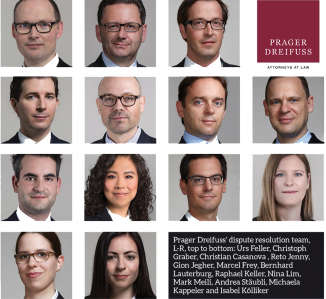Dear Clients, Colleagues and Friends,
Following the announcement of the COVID-19 pandemic by the World Health Organization, increasingly restrictive measures to curb the spread of the virus have been taken in Turkey, as in many other countries all over the world. These measures lead to additional personal data processing activities, and raise new challenges in terms of compliance with data protection law. Continue reading “Sponsored briefing: Turkey | Data protection during the COVID-19 pandemic”












